GENERAL CONTRACTOR
Registered • Insured • Fast Response
✅ Free Estimates
✅ Same Week Appointments
✅ 100% Satisfaction Guaranteed
Get a free estimate
Main services
- Cement Job
- Demolitions And Cleaning
- Driveway and Garden
- Fence Options
- Fix And Restoration
- Flooring
- Remodeling
- Roof and Carports
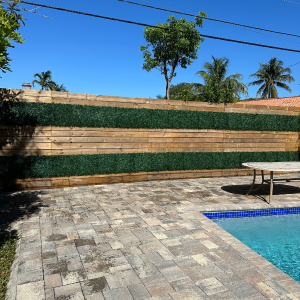
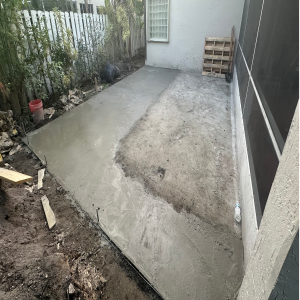
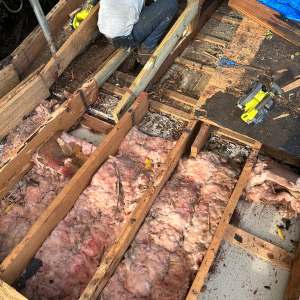
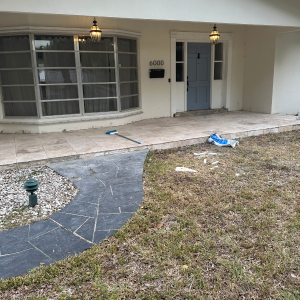
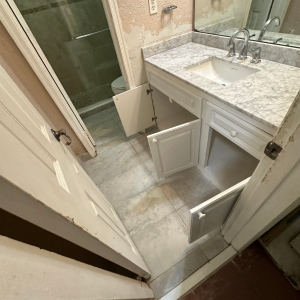
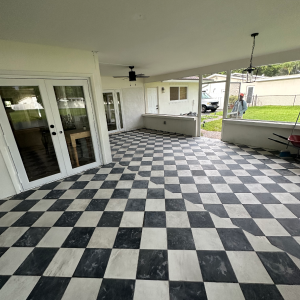
Main services
- Cement Job
- Demolitions And Cleaning
- Driveway and Garden
- Fence Options
- Fix And Restoration
- Flooring
- Remodeling
- Roof and Carports






Discover everything we can do for you

Concrete Pouring: Professionals handle the mixing, pouring, and leveling of concrete to create foundations, slabs, sidewalks, driveways, or other structural elements according to project specifications.
Concrete Finishing: After pouring concrete, contractors use tools such as trowels, floats, or brooms to achieve the desired texture and finish on the surface, whether it’s smooth, brushed, stamped, or exposed aggregate.
Concrete Repair: Cement job services may involve repairing cracks, spalling, or other damage to existing concrete structures by patching, resurfacing, or applying coatings to restore their appearance and integrity.
Concrete Reinforcement: Contractors may install reinforcement materials such as rebar or wire mesh within concrete structures to enhance their strength and durability, particularly in areas prone to heavy loads or seismic activity.
Decorative Concrete: Some cement job services specialize in creating decorative concrete finishes, such as stained, stamped, or polished concrete, to enhance the aesthetic appeal of indoor and outdoor spaces.
Concrete Sealing and Maintenance: To protect concrete surfaces from water damage, staining, or wear, contractors may apply sealants, coatings, or treatments to prolong their lifespan and maintain their appearance.
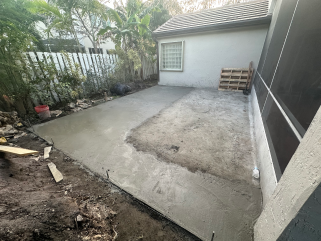
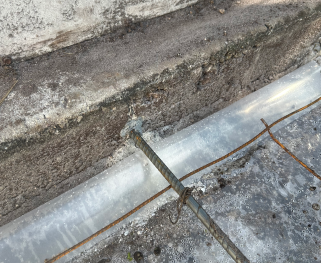
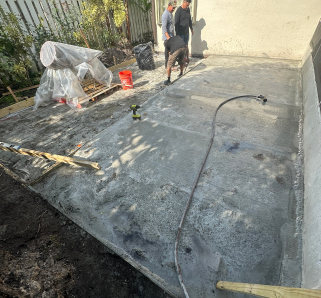
Structural Demolition: Professionals use specialized equipment and techniques to dismantle or demolish buildings, walls, bridges, or other structures while ensuring safety, minimizing environmental impact, and complying with local regulations.
Interior Demolition: Involves removing interior walls, fixtures, flooring, and other building components to prepare a space for renovation or repurposing.
Site Clearing: After demolition, contractors clear the site of debris, rubble, and other materials using heavy machinery, trucks, and dumpsters to facilitate construction or landscaping activities.
Hazardous Material Removal: Include the safe removal and disposal of hazardous materials such as asbestos, lead-based paint, mold, or contaminated soil to protect workers and the environment.
Recycling and Waste Management: Contractors may sort, recycle, or dispose of demolition debris and waste materials in an environmentally responsible manner, minimizing landfill impact and maximizing resource recovery.
Site Cleanup: Once demolition and debris removal are complete, cleaning services ensure that the site is left clean, organized, and ready for the next phase of construction or development.
Demolition and cleaning services require careful planning, coordination, and adherence to safety protocols to ensure that projects are completed efficiently, responsibly, and within budget.

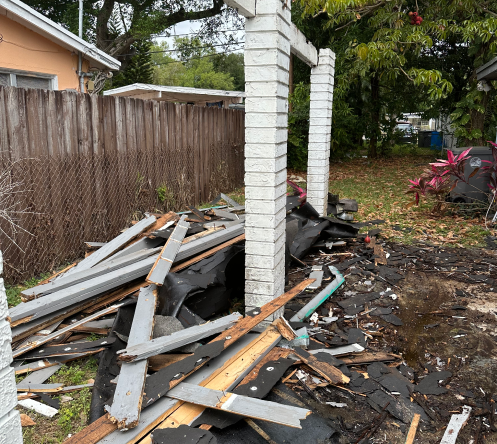
There are two key factors we consider for a driveway design: materials and landscaping.
By materials, we mean a concrete or gravel driveway or even large-scale stones for a cottagecore look.
By landscaping, we mean the surrounding features such as the plants you use as a border, the type of fence that runs along it, or any retaining walls needed to grade your property.
It’s also important to factor in climate. If winter means snow and you have to shovel your driveway, some driveway materials can make the job easier.


Fences come in various styles, including picket, chain-link, privacy, and decorative designs, and they can vary in height and construction depending on their intended purpose.
Also we offer a pool fence which is a specialized type of fence designed to enclose a swimming pool area for safety purposes. These fences are typically made of durable materials like aluminum, vinyl, or wrought iron and are often at least four feet tall to prevent unauthorized access. They often feature self-closing and self-latching gates to ensure the pool area remains secure, especially to prevent accidents involving children or pets. Additionally, pool fences may have specific legal requirements regarding height, gate mechanisms, and other safety features depending on local regulations.
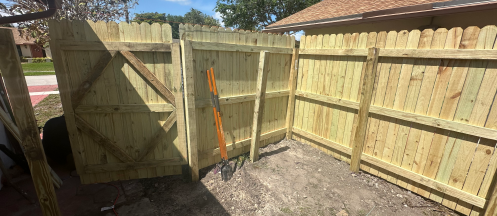
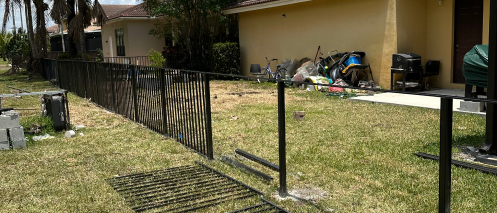
Roof Installation: Professionals install various types of roofing materials, such as asphalt shingles, metal roofing, tile, slate, or flat roofing systems, ensuring proper waterproofing and structural integrity.
Roof Repair: Roofing specialists address issues such as leaks, damaged shingles, flashing problems, or sagging areas by repairing or replacing damaged sections of the roof to prevent water infiltration and structural damage.
Roof Maintenance: Regular inspections, cleaning, and maintenance help prolong the lifespan of the roof by identifying and addressing minor issues before they escalate into more significant problems.
Roof Replacement: When a roof reaches the end of its lifespan or sustains extensive damage that cannot be repaired cost-effectively, roofing professionals may recommend complete roof replacement to ensure the building’s continued protection and structural integrity.
Emergency Roofing Services: In cases of severe weather events or sudden roof damage, roofing contractors may offer emergency repair services to mitigate further damage and restore the roof’s integrity as quickly as possible.
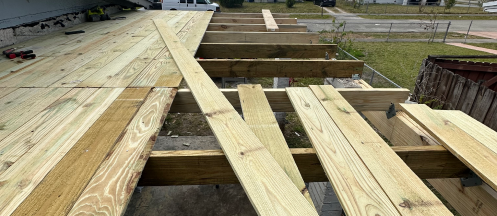
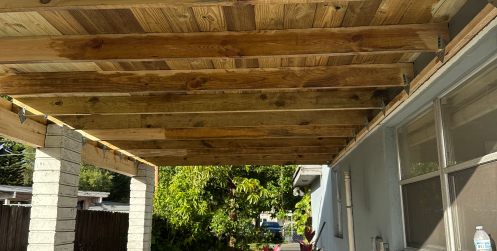
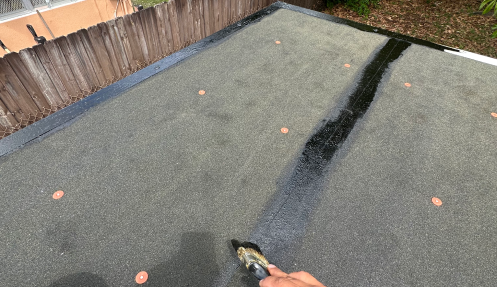
Installation: Professionals install various types of flooring materials such as hardwood, laminate, tile, vinyl, carpet, and concrete, ensuring proper fit and finish according to the client’s specifications.
Repair: Flooring specialists address issues like cracks, stains, warping, or uneven surfaces by repairing or replacing damaged sections of flooring materials.
Refinishing: For hardwood floors, refinishing services involve sanding, staining, and applying protective coatings to restore the surface’s appearance and durability.
Maintenance: Regular cleaning, polishing, and sealing help maintain the condition and longevity of different types of flooring materials, ensuring they remain attractive and functional over time.
Consultation and Design: Professionals may offer guidance on selecting appropriate flooring materials, patterns, and colors to suit the client’s preferences, budget, and specific requirements.
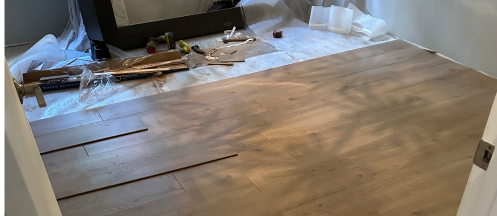
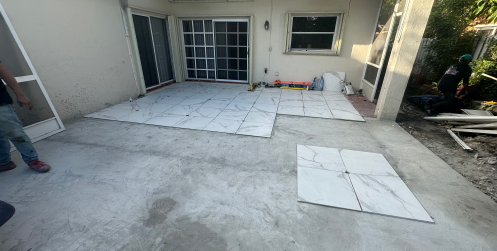
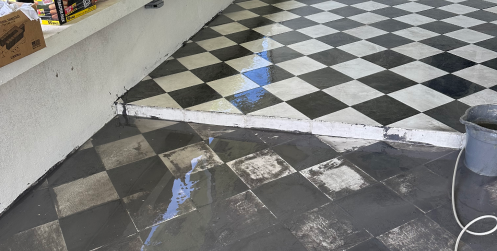
Interior Remodeling: Involve renovating kitchens, bathrooms, bedrooms, living rooms, or other interior spaces to modernize them, improve functionality, or enhance visual appeal.
Exterior Remodeling: Include updating siding, roofing, windows, doors, or outdoor living areas like decks, patios, or landscaping features to improve curb appeal, energy efficiency, or outdoor living space functionality.
Structural Changes: Involve making structural modifications to expand or reconfigure existing spaces, such as removing or adding walls, creating open-concept layouts, or building room additions.
Kitchen and Bathroom Renovations: Include updating fixtures, cabinetry, countertops, flooring, and other elements to create more functional and visually appealing spaces.
Whole-House Renovations: Involve renovating multiple areas of a home to modernize its design, improve flow, and address maintenance or functionality issues throughout the entire property.
Remodeling services often include consultation, design, construction, and project management to ensure that the client’s vision is realized efficiently and effectively.

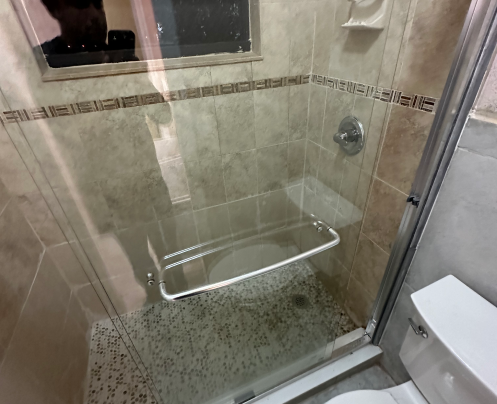
Lets schedule a visit and give you a free estimate
We are ready to listen carefully what you need and offer you customized solutions that fit your budget.
Leave us your information
We’ll give you a call
Schedule a visit
Get a free estimate

Get a free estimate
